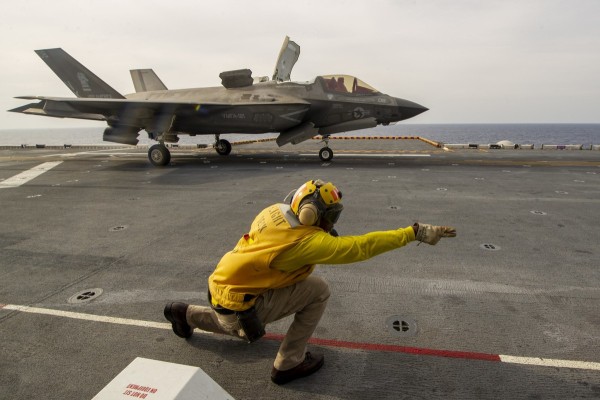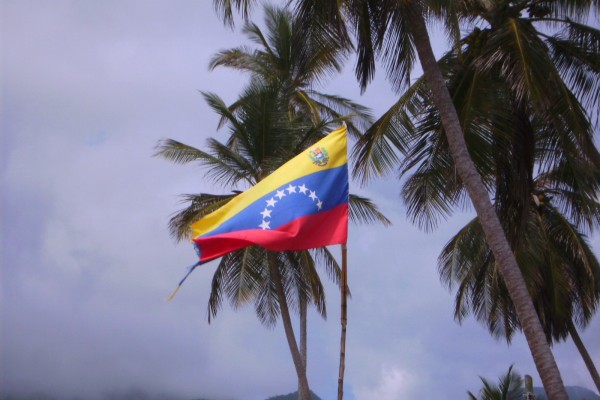-

A new wolf in an old sheep’s clothing
A new spectre has arisen on the pro-Israel Jewish right. And it is all the more dangerous as it purports to sit in the progressive heart of the labour movement in Canada and the United States. It consists of Jewish union members claiming that they are currently the targets of antisemitism within their respective unions.
-

Canadians are on year three of a people’s recession
The disconnect between big economic indicators and Canadians’ day-to-day experience is a gap our political leaders seem unable or unwilling to bridge. Indeed, parliamentarians have gotten in the habit of telling us that everything is basically fine—we just need to live within our means. It hasn’t occurred to them that the economic indicators might be missing something.
-
_600_400_90_s_c1.jpg)
It is Israel that must be deradicalized, not Palestine
The recent recognitions of a Palestinian state and the October 10 ceasefire have been followed by a flurry of calls to “deradicalize” Palestinian society. The New York Times editorial board went so far as to compare this deradicalization project to the denazification of Germany after the Second World War. These calls have the situation backwards to the point of farce.
-

Canada flying in lockstep with the United States
Promises of Canadian independence from US influence are unravelling as the Carney government moves forward with the costly F-35 fighter jet purchase. Amid rising global tensions and domestic crises, Owen Schalk warns these decisions will deepen Washington’s control, divert resources from urgent social and environmental needs, and signal a troubling continuity in foreign policy.
-

The privatization crisis at Canada Post
Canada Post is under attack. Political favouritism, privatized delivery, and precarious subcontracting are putting workers and public service at risk. From Intelcom’s exploitative practices to the government’s support of billion-dollar profits, André Frappier discusses how one of Canada’s most essential institutions is being dismantled, and who is benefiting.
-

Pete Hegseth’s dangerous warrior fantasy
US Defence Secretary of War Pete Hegseth champions a “warrior ethos” that glorifies brute force, rigid conformity, and maximum lethality. By rejecting diversity, rules of engagement, and societal oversight, his vision risks undermining ethics, accountability, and public trust—raising urgent questions about the future and character of America’s military.
-

War fever in Europe
Europe faces a surge of fear over Russia, but how real is the threat? Exaggerated claims, misread intentions, and media hysteria fuel panic, while misconceptions about Russia’s aims in Ukraine and NATO risks distort perception. As Richard Sakwa writes, understanding the facts behind the fear is crucial for the continent’s security and future.
-

Is Canada complicit in Trump’s illegal war in Venezuela?
The Trump administration’s covert bombing campaign against alleged Venezuelan “narco-terrorists” has drawn scrutiny from legal experts and human rights observers. As evidence of cartel ties remains unproven, Canada faces troubling questions about whether its exported surveillance technology has made it complicit in unlawful US military strikes.
-

The structural contradictions of policing mental health
People experiencing crisis are not criminals; they are persons in need of help from trained professionals. Perhaps it is time we leave crime work to police and the care of mentally ill persons to health care professionals. Doing so would contribute to increased public safety, reduced harm during police encounters, and free up police resources to deal with crime.
-

Millions in subsidies for mineral exploration undermine Indigenous rights
Millions in government subsidies are fuelling risky mining projects on Grassy Narrows’ ancestral lands, enriching investors while threatening the First Nation’s water and health. Despite Indigenous opposition, provincial and federal policies quietly enable exploration, raising urgent questions about colonialism, tax loopholes, and environmental justice.



